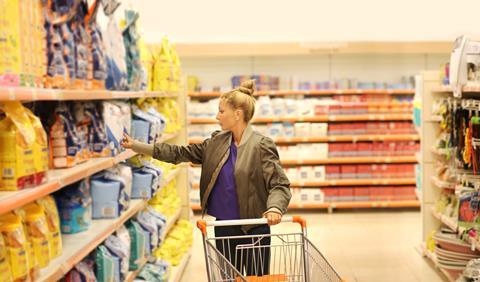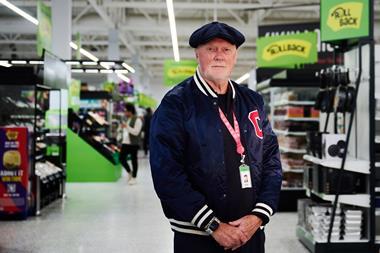
Retailers capped off a “solid summer of sales” in August but warned tougher times lie ahead with consumer confidence under threat from another government budget.
Total retail sales rose 3.1% in August compared with the same month last year, driven by the hottest summer on record and a small interest rate cut, according to the latest retail sales monitor from the British Retail Consortium and KPMG.
Food and drink sales rose 4.7%, though this was largely down to rising prices rather than increasing volumes, the BRC said.
As retailers now prepare for the ‘golden quarter’ when annual sales usually peak, there is widespread concern about how Rachel Reeves’ November budget will affect both consumer and business confidence.
“With the later-than-expected budget falling just days before Black Friday, many are uneasy about how consumer confidence and spending could be impacted by tax rise speculation in the run-up to Christmas,” said Helen Dickinson, CEO of the BRC.
Shopper confidence has already fallen for the third consecutive month, with many expecting food prices to climb even further, according to the Institute of Grocery Distribution.
However, there are glimmers of relief, according to CEO Sarah Bradbury, with falling mortgage rates offering some financial respite.
“While [food] volumes remain under pressure, financially resilient shoppers may remain more confident, even as they brace for a challenging winter.”
This was echoed in new research from Barclays, which found one in five Brits believe the base rate reduction has eased their personal finance concerns. The interest rate cut also led to a boost in confidence in the UK economy, while confidence in the European and global economy climbed to a 10-month high.
“It is great to see consumer confidence improve in August, and households feel the benefit of another Bank of England rate cut,” said Jack Meaning, chief UK economist at Barclays.
“However, the outlook for the rest of the year remains subdued, particularly as budget speculation is likely to add to uncertainty for both households and businesses. In our view, it will take further interest rate cuts to provide the economy with a sustained boost.”
Brits are still clearly wary, Barclays said, with card spend up by just 0.5% in August, much lower than the current inflation rate of 4.2%, suggesting many are cutting back.
But while essential spend declined, discretionary spending was up 2.0%, with clothing, furniture, and health & beauty all performing well.
“It’s clear that the ‘lipstick effect’ is having an impact outside of beauty, with shoppers treating themselves to feelgood purchases for themselves and their homes,” said Karen Johnson, Barclays head of retail.



















No comments yet